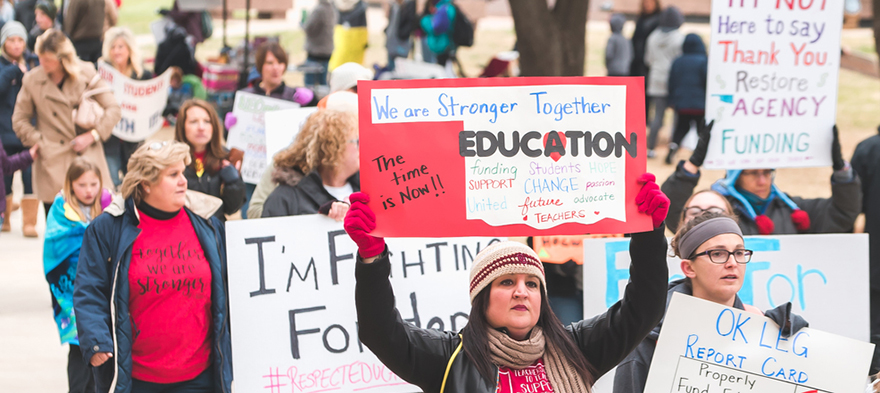
Dec 5, 2018 12:00:00 AM
Nehemiah D. Frank is the founder and editor-in-chief of The Black Wall Street Times and a descendant of two families that survived the 1921 Tulsa Race Massacre. Although his publication’s store and newsroom are headquartered in the Greenwood District of Tulsa, Oklahoma, Frank currently works remotely from his home in Atlanta, Georgia. Frank played a pivotal role in marking the Centennial of the Race Massacre, attending the U.S. Congressional hearings in Washington D.C. with the last living survivors, and planning President Joe Biden’s visit. Frank has been featured on NBC Nightly News, MSNBC with Tiffany Cross, BBC, ABC, BNC, NewsOne, and other major media outlets. His work is featured in TIME Magazine and other publications besides his own. In 2021, Frank was listed as number 44 on The Root 100’s most influential African-Americans. In 2017, Frank gave a TED Talk at the University of Tulsa, titled “Finding the Excellence Within”. Lastly, Frank was a speaker at SXSW 2022. Nehemiah is a fierce advocate for charter and community schools.
The story you tell yourself about your own math ability tends to become true. This isn’t some Oprah aphorism about attracting what you want from the universe. Well, I guess it kind of is, but...
If you have a child with disabilities, you’re not alone: According to the latest data, over 7 million American schoolchildren — 14% of all students ages 3-21 — are classified as eligible for special...
The fight for educational equity has never been just about schools. The real North Star for this work is providing opportunities for each child to thrive into adulthood. This means that our advocacy...
Your donations support the voices who challenge decision makers to provide the learning opportunities all children need to thrive.
Ed Post is the flagship website platform of brightbeam, a 501(c3) network of education activists and influencers demanding a better education and a brighter future for every child.
© 2020–2024 brightbeam. All rights reserved.
Leave a Comment